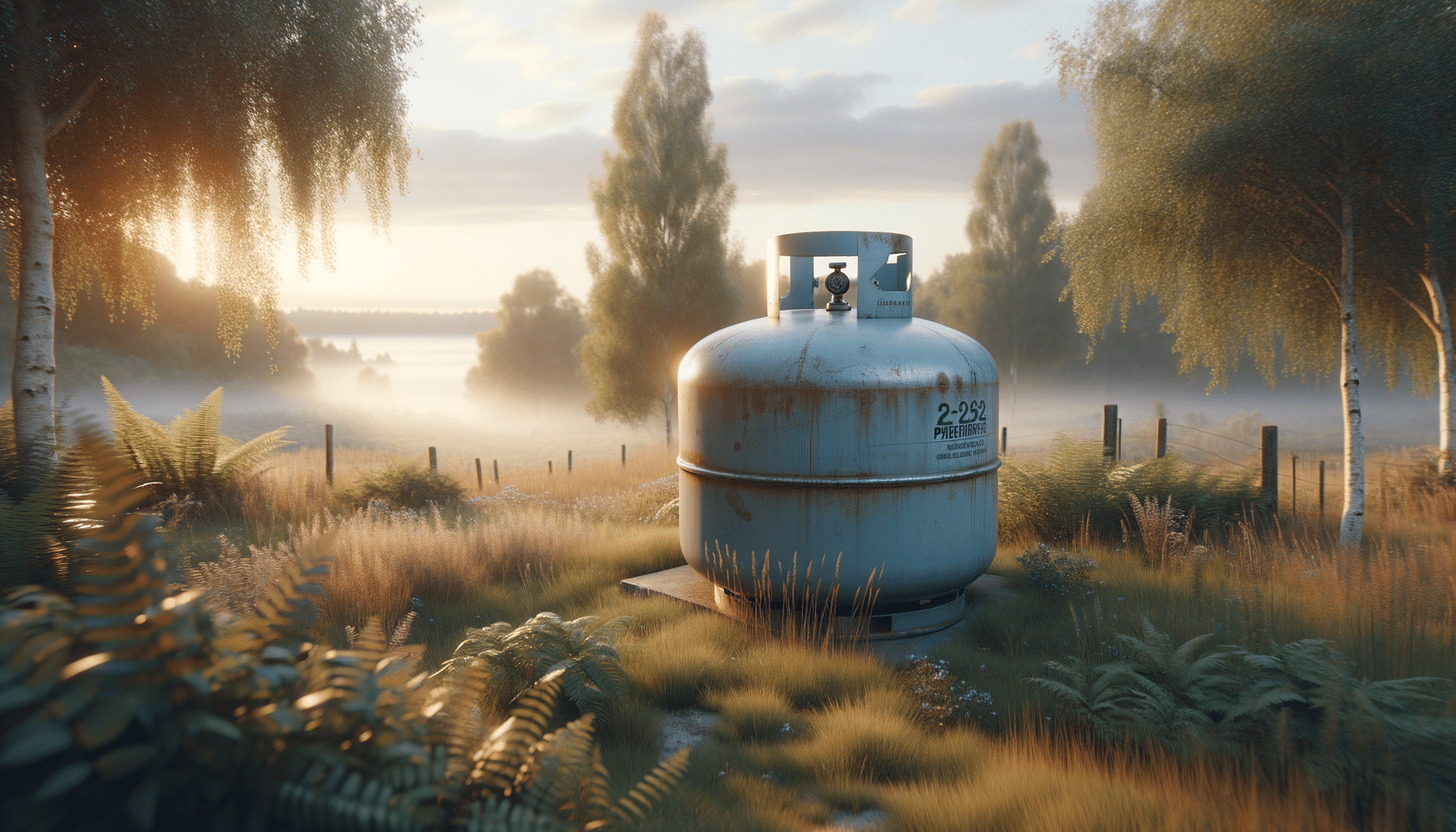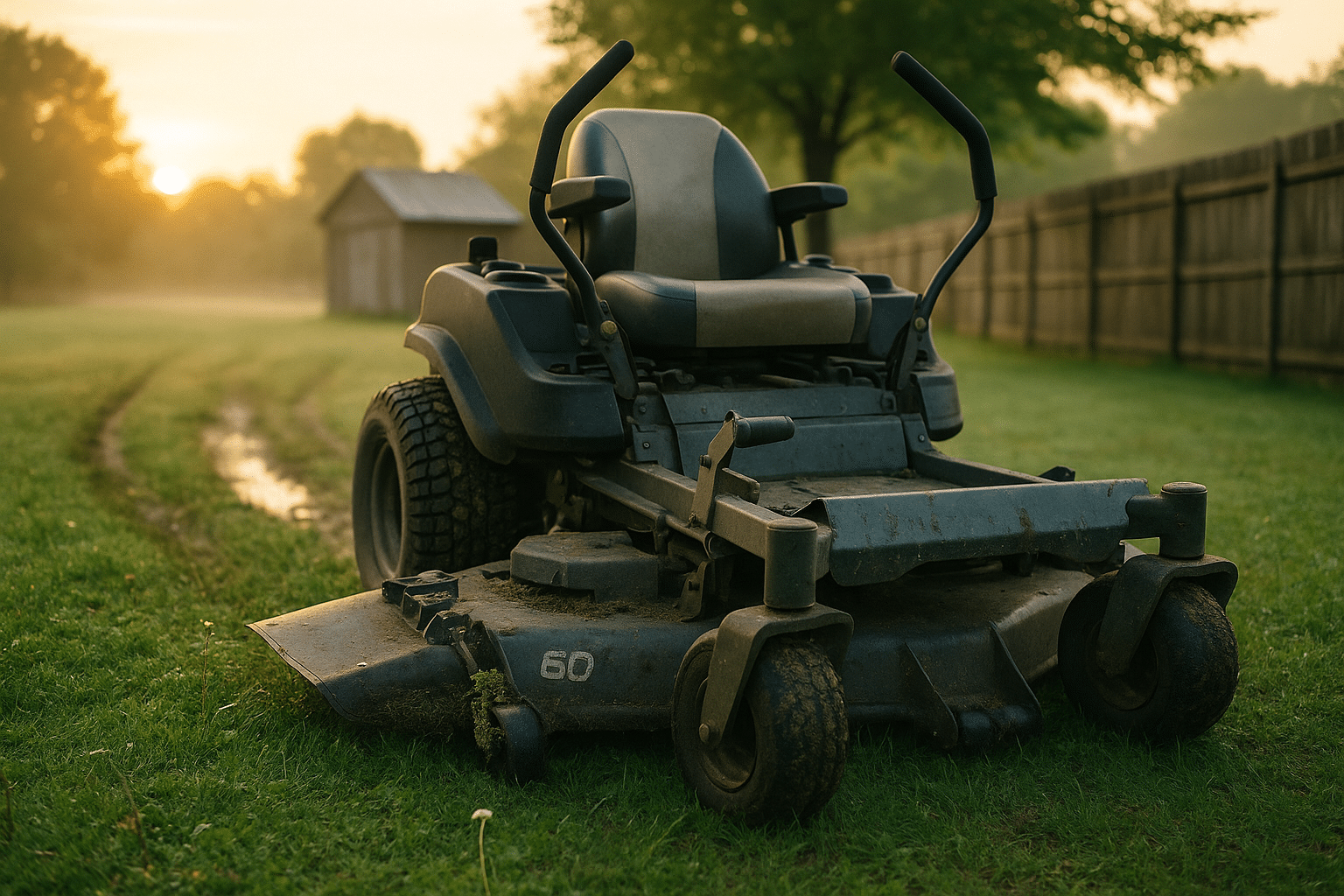
Learn key facts about propane tank handling and maintenance
Introduction to Propane Tank Handling and Maintenance
Propane tanks are a common fixture in many homes and businesses, providing a reliable source of energy for heating, cooking, and more. Proper handling and maintenance of these tanks are crucial to ensure safety and efficiency. Understanding the intricacies of propane tank care can help prevent accidents and extend the life of your equipment. This article explores essential aspects of propane tank handling and maintenance, offering valuable insights for both novices and seasoned users.
Understanding Propane Tanks: Types and Uses
Propane tanks come in various sizes and types, each suited for different applications. Familiarity with these options can significantly impact the way you handle and maintain them. Portable tanks are commonly used for grills and small appliances, while larger stationary tanks are typically employed for residential heating and industrial use. Each type of tank has specific handling requirements, making it essential to understand their unique characteristics.
For instance, portable tanks are easy to transport and store, but they require vigilant monitoring to avoid leaks and ensure proper valve function. Stationary tanks, on the other hand, are more robust but demand regular inspections to check for corrosion or damage. Proper usage also involves understanding the fill levels and pressure ratings. Ensuring tanks are not overfilled is vital, as it can lead to pressure build-up and potential hazards. Comprehending these details helps in maintaining the tanks effectively, ensuring a safe and efficient propane supply.
Safe Handling Practices for Propane Tanks
Safety is paramount when dealing with propane tanks. Proper handling practices can prevent accidents and ensure a safe environment. When moving or transporting propane tanks, it is crucial to keep them upright and secure to prevent leaks or damage. Using appropriate lifting techniques and equipment can also minimize the risk of injury.
Additionally, it is important to check the connections and hoses regularly for signs of wear or leaks. A simple soapy water solution can be used to detect leaks at the connection points. If bubbles form, it indicates a leak that needs immediate attention. Always ensure that the area around the tank is well-ventilated, as propane is heavier than air and can accumulate in low-lying areas, posing a risk of explosion or suffocation.
By adhering to these safety practices, you can handle propane tanks with confidence, minimizing potential hazards and ensuring a reliable propane supply.
Routine Maintenance and Inspection
Regular maintenance and inspection are key to the longevity and safety of propane tanks. Routine checks involve inspecting the tank’s exterior for signs of rust, dents, or corrosion. Any damage should be addressed promptly to prevent leaks or structural failure. Additionally, the valves and connectors should be checked to ensure they are functioning correctly.
Professional inspections are recommended annually or as specified by the tank manufacturer. These inspections can identify potential issues that may not be visible during routine checks. It is also essential to replace any outdated or damaged components to maintain the tank’s integrity.
Maintaining a log of inspections and maintenance activities can be beneficial. This log serves as a record that can be referred to in case of issues, ensuring that all necessary steps have been taken to maintain the tank’s safety and efficiency.
Conclusion: Ensuring a Safe and Efficient Propane Experience
Proper handling and maintenance of propane tanks are vital to ensure safety and efficiency. By understanding the different types of tanks and their specific requirements, implementing safe handling practices, and conducting regular maintenance and inspections, users can enjoy a reliable propane supply without compromising safety. Awareness and diligence in propane tank care can prevent accidents and prolong the life of the equipment, making it a valuable practice for anyone utilizing propane as a fuel source.


